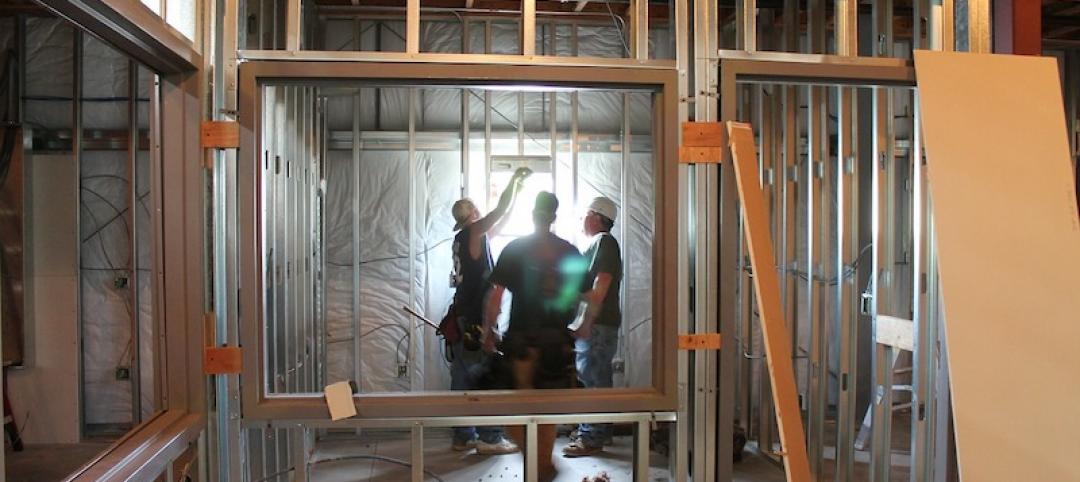Associated Builders and Contractors (ABC) released the following statement on the “Waters of the U.S.” (WOTUS) final rule issued today by the U.S. Environmental Protection Agency (EPA) and the U.S. Army Corps of Engineers (Corps).
“ABC remains concerned that the Waters of the U.S. rule issued today will lead to an unnecessarily longer and more expensive permitting process for contractors which would undoubtedly harm the construction industry,” said ABC Vice President of Government Affairs Geoff Burr. “Throughout the rulemaking process the business community as a whole, state and local officials, as well as a bipartisan group of congressional lawmakers have opposed the considerable expansion of federal jurisdiction granted under the overreaching proposed rule.
“Increased regulatory compliance costs and a more drawn out approval process will harm the construction industry directly and indirectly as our industry’s growth relies largely on a growing economy as a whole,” said Burr. “We are still reviewing the regulations released with this rule today, but remain concerned that this poorly constituted proposal will have a negative impact on any current or proposed construction project that is near a jurisdictional ‘water’ as defined under the now broadened authority of the EPA or Corps.”
The proposed rule would dramatically expand the scope of federal authority over water and land uses across the country and has met heavy opposition from a wide range of industries within the business community, abipartisan group of U.S. Senators, bipartisan group of members of the House of Representatives and the U.S. Small Business Administration’s Office of Advocacy.
ABC has been a vocal opponent of WOTUS since it was proposed in April 2014 and has:
- Filed comments along with more than 50 ABC chapters to voice deep concern over the rule
- Filed comments with a group of 375 trade associations to oppose the rule
- Filed comments as a member of the Waters Advocacy Coalition (WAC) to oppose the rule
To read ABC’s comments click here, to read the group of associations comments click here, to read the WAC comments click here.
Related Stories
Codes and Standards | May 18, 2020
California’s grid can support all-electric buildings
Load-shifting will help reduce peak demand.
Codes and Standards | May 15, 2020
European cities to revamp transportation after pandemic reopening
Road closures, new rules for public transit will be imposed.
Codes and Standards | May 14, 2020
Washington State construction industry restart plan has three phases
In state with earliest COVID-19 cases, advisory group developing priorities based on risk.
Codes and Standards | May 14, 2020
More mass timber beam and column options available in the U.S.
Freres Lumber unveils new line of structural elements suitable for high-rise buildings.
Codes and Standards | May 13, 2020
Researchers flag insufficient training for construction workers on healthcare projects
May contribute to fungal disease outbreaks that endanger patients
Codes and Standards | May 8, 2020
New NIBS report evaluates natural disaster mitigation strategies
Document examines strengthening buildings for flood, wind, wildfires, and earthquakes.
Codes and Standards | May 6, 2020
A few ways contractors can manage COVID-19 risks
Staggered start times, rigorous tool cleaning, virtual training among the strategies.
Codes and Standards | May 5, 2020
NAHB loses influence in 2021 IECC building code development
Despite objections from the National Association of Home Builders (NAHB), the development of the 2021 International Energy Conservation Code (IECC) is nearing conclusion. NAHB objected to several more stringent energy efficiency provisions.
Codes and Standards | May 5, 2020
2020 IECC will lead to significant carbon emissions reductions
New model building code nearly finalized.
Codes and Standards | May 4, 2020
New York expands prevailing wage law
Now includes private projects with 30% or more of public subsidies.
















